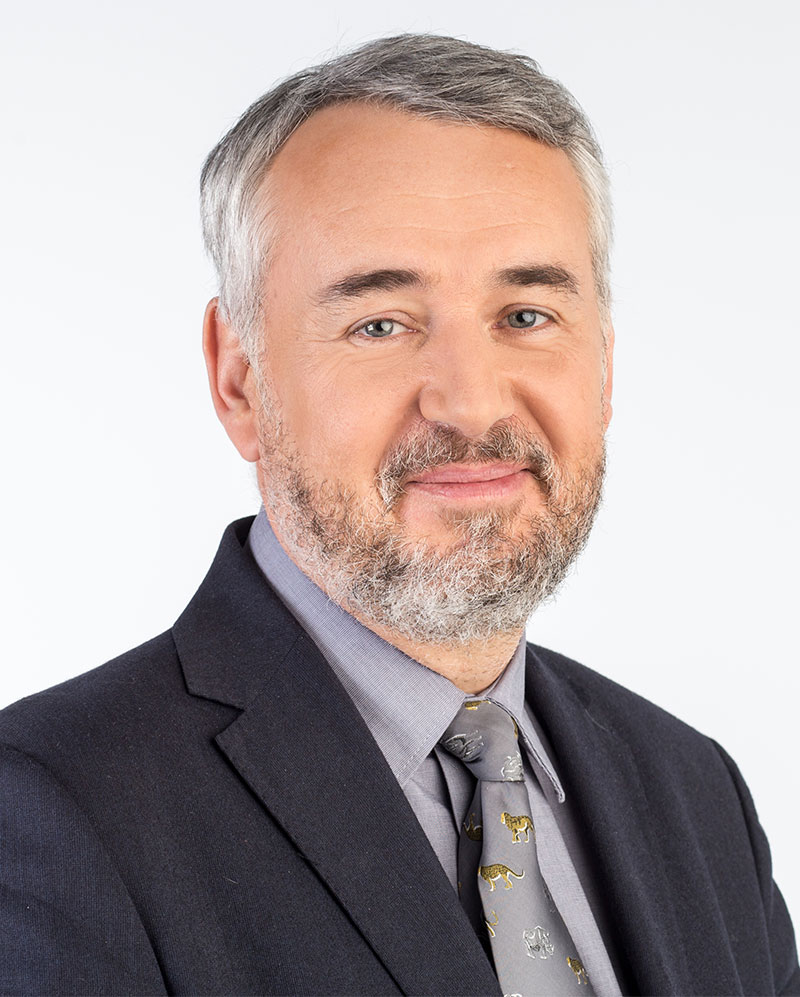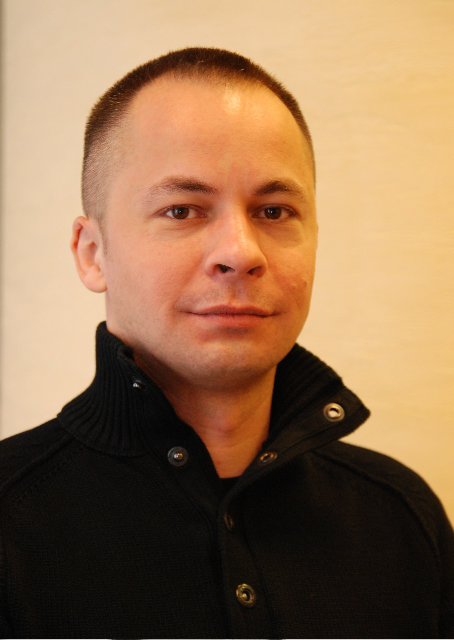Courses on scientific publications in ophthalmology
- Homepage
- Courses on scientific publications in ophthalmology
The course entitled. "How to publish effectively in ophthalmology?"
In 2017, five conferences were held in Lodz, Poznan, Szczecin, Katowice and Bydgoszcz. The exclusive sponsor of the course was the company Pfizer.
Course plan:
1. structure of the article
2. types of articles: review, clinical case, letter to the editor, original
3 Parameterisation of journals
4. how to choose a journal for an article
5. basic statistics in ophthalmology
6. Reviews - principles of good article reviewing
7. How to prepare responses to reviewers' comments
8 Medical publications through the eyes of the sponsor
Experts in the field of editing and publication of scientific papers leading the course

Prof. Andrzej Grzybowski, D.Sc.
- Author of more than 350 articles, including those published in NEJM, Ophthalmology, Retina, American Journal of Ophthalmology, BJO, Acta Ophthalmologica, Journal of Neurology, Journal of Cataract & Refractive Surgery, JAMA, Clinics in Dermatology, among others, with a total IF of more than 550.
- Editorial board member: Acta Ophthalmologica, Clinics in Dermatology, Graefe's Archive for Clinical and Experimental Ophthalmology, Neuro-Ophthalmology, Saudi Journal of Ophthalmology, Asia Pacific Academy of Ophthalmology Journal, Archive of the History and Philosophy of Medicine, Historia Ophthalmologica Internationalis (editor-in-chief), Hansenologia Internationalis, Frontiers in Neurology.
- Organiser of courses on scientific paper writing "ABC in effective ophthalmic publishing" delivered at ESCRS 2012 in Milan, Euretiny 2013 in Hamburg, ESCRS 2013 in Amsterdam, ESCRS 2014 in London, Euretiny 2014 in London, AAO 2014 in Chicago, Euretiny 2015 in Nice, Euretiny 2016, AAO 2016 in Chicago.
- Member of a number of international scientific groups: in 2016, he published 73 articles, 35 of them in international collaborations.

Dr. Mariusz Mianowany, M.Sc.
- Author and co-author of several scientific articles (in Polish and English) in the field of preventive medicine, gerontology, epidemiology of non-communicable diseases and parasitic diseases, environmental health and medical mycology.
- A statistician by profession - and by avocation.
- Since 2007, he has worked as a consultant and statistician for pharmaceutical marketing and consulting companies: Medical Marketing Services (MMS) and Quality Audit House (QAH). His responsibilities include the processing and statistical analysis of empirical data collected in the course of clinical, market, observational, intervention, pharmacoeconomic studies and health education programmes.

Dr Katarzyna Nowomiejska, M.Sc.
- He has authored or co-authored 85 publications and 90 abstracts at national and international congresses. He has contributed papers to the renowned journals Ophthalmology, Retina, Graefes Archive for Clinical and Experimental Ophthalmology and Ophthalmic and Physiological Optics.
- The current Impact Factor of her work is 42.5 points.
- Reviewer for the foreign journals Current Eye Research, Acta Ophthalmologica, BMC Ophthalmology and Clinical Ophthalmology.
- Member of the Scientific Council and reviewer for the Ophthalmology Journal.

Dr. Marcin Stopa, M.D.
- Author and co-author of papers in Retina, American Journal of Ophthalmology, Journal of Biological Chemistry, Mammalian Genome.
- Reviewer in foreign journals: Retina, Graefes Archive for Clinical and Experimental Ophthalmology, International Journal of Retina and Vitreous.
- Co-author of 2 foreign patents.
The New Horizons course entitled. "How to critically assess the value of information from scientific publications?"
A two-hour course designed to encourage doctors to regularly expand their knowledge by reading scientific publications, yet having the ability to look critically and draw valuable conclusions from each article.
Topics covered:
- How to contrast your own research with that of others
- Where to find valuable and reliable knowledge resources
- How to search scientific journal databases skilfully and effectively (keywords, headings, etc.).
- How to distinguish between different types of scientific articles, i.e. original papers, systematic reviews, meta-analyses and case studies
- How to skilfully read tables, graphs, results of statistical calculations and extract the most important information from them
- How to understand and interpret the language of statistics, e.g. sample size, statistical test power, mean, median, standard deviation, standard error, confidence intervals, P-values, effect sizes, correlation coefficients, various other statistical measures, etc.
- How to read a text thoroughly and accurately and extract the most important information from it
How to Write and Read with Understanding Scientific Publications?
In view of the above, we bring forward a proposal to organise a series of courses for doctors, practitioners and researchers who work at universities and various medical institutes. The courses will address the correct selection of the literature as well as skillful and deliberate extraction of needed and useful, from a practical point of view, pieces of information.
The training is supposed to have a modular structure; each module shall be conducted by an experienced researcher, specialist in a given discipline, as well as a representative of the Patron or the Sponsor of the course.
A detailed plan of the course vs plan of the course that was successfully held in Poland in 2017, as well as presentation of main speakers you can find below.
